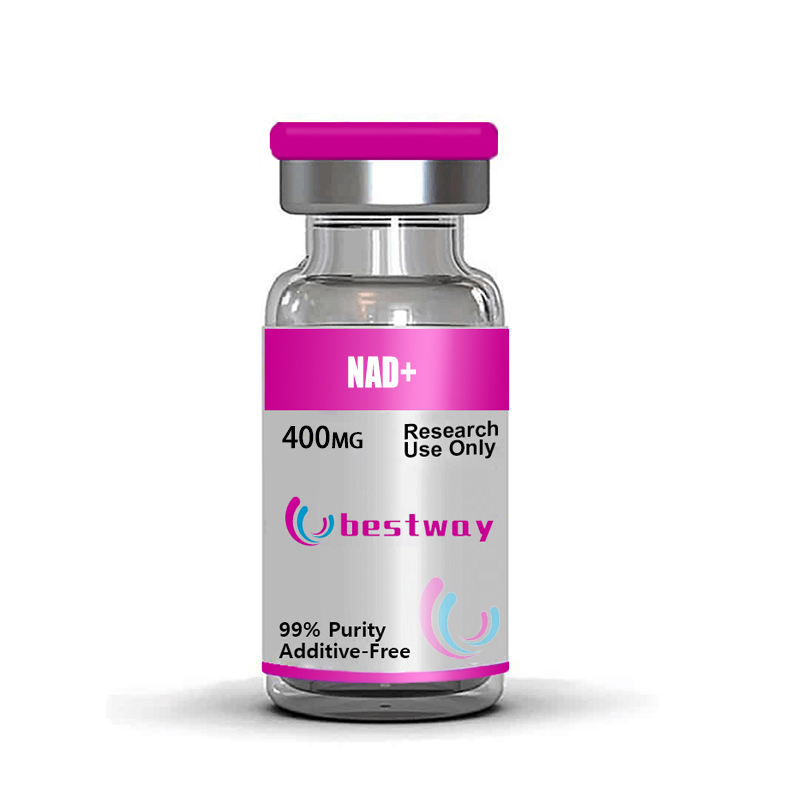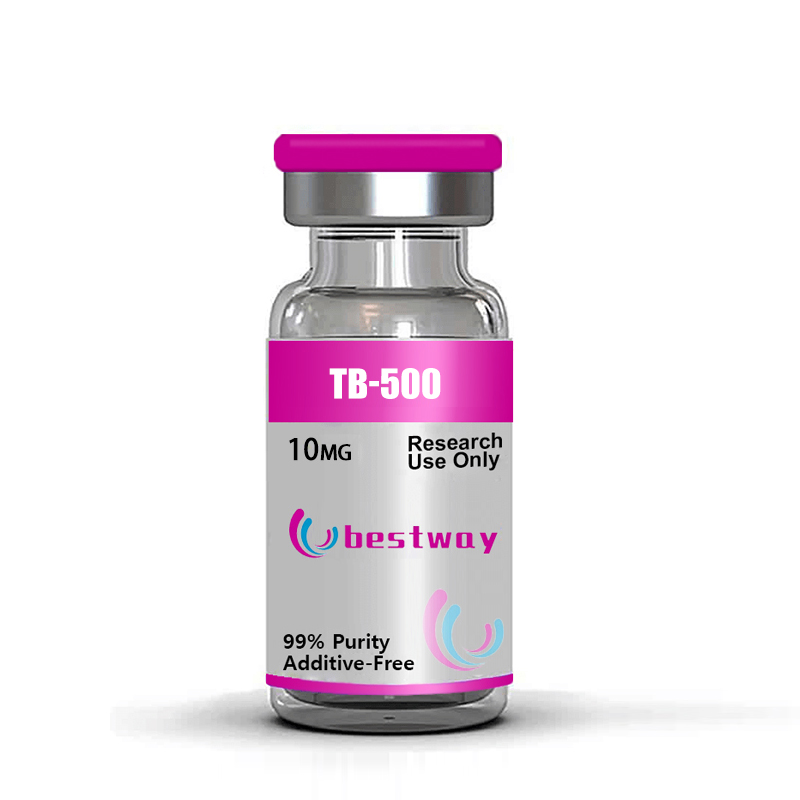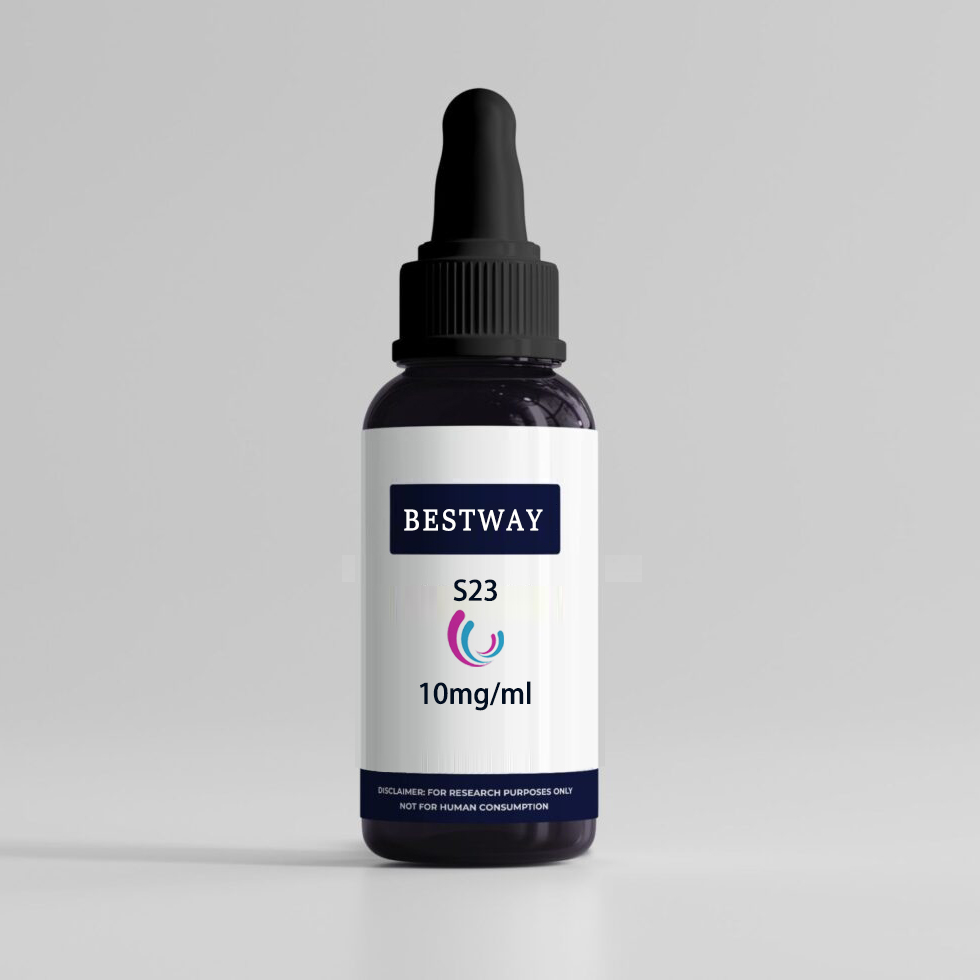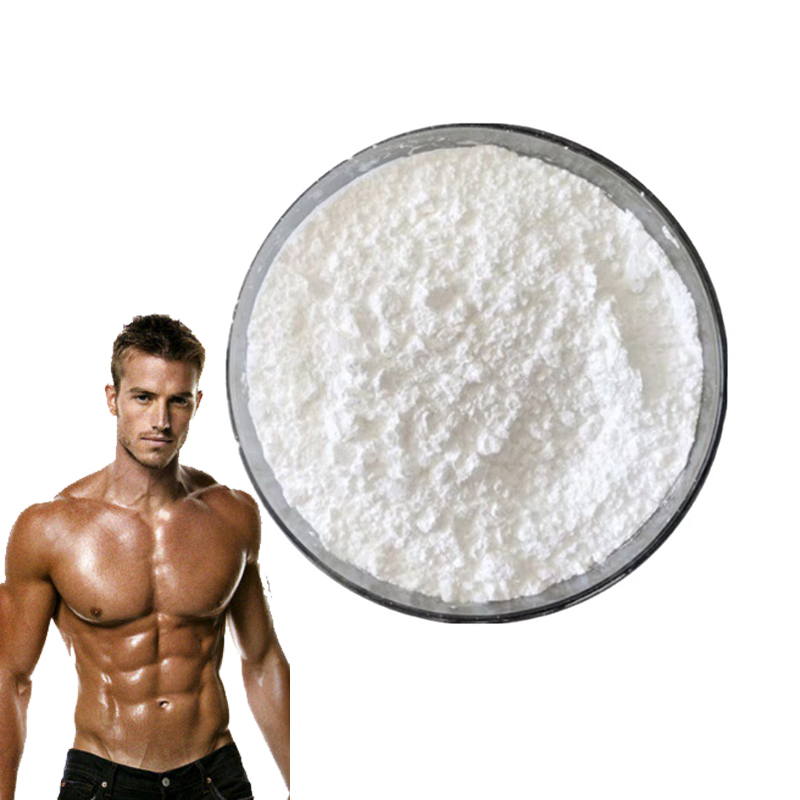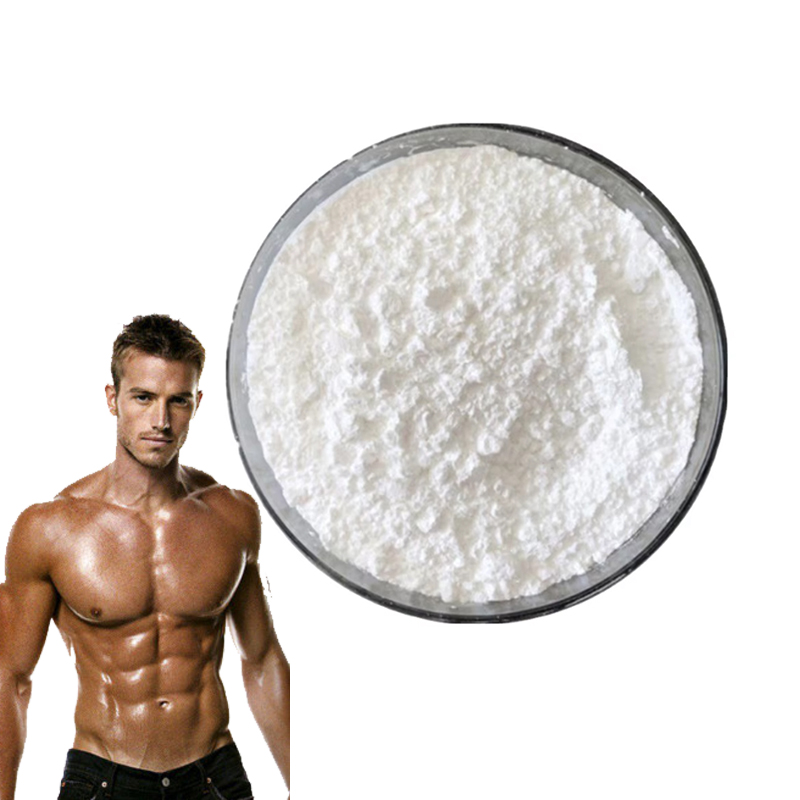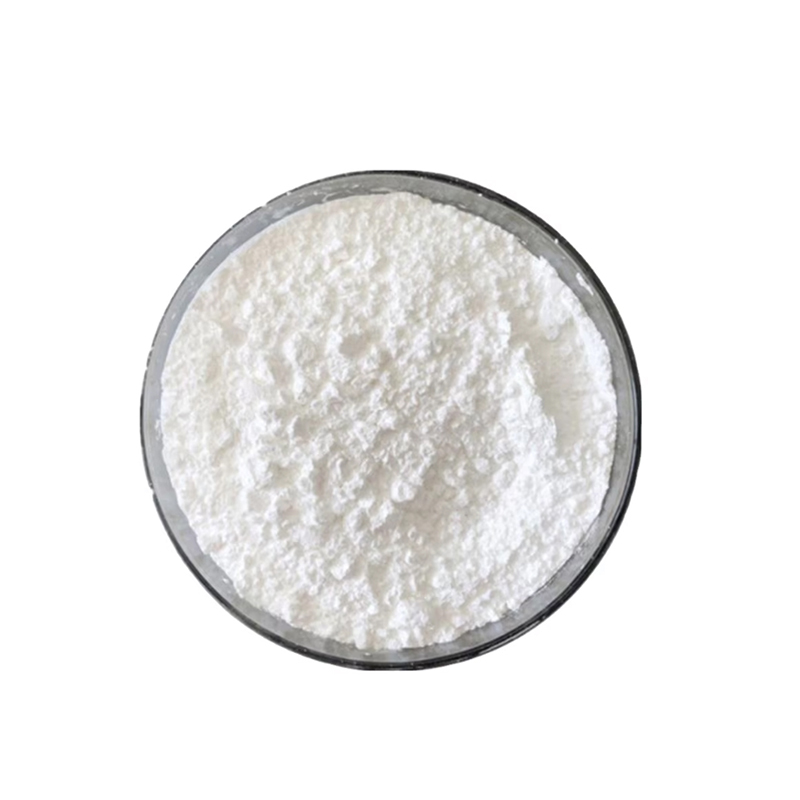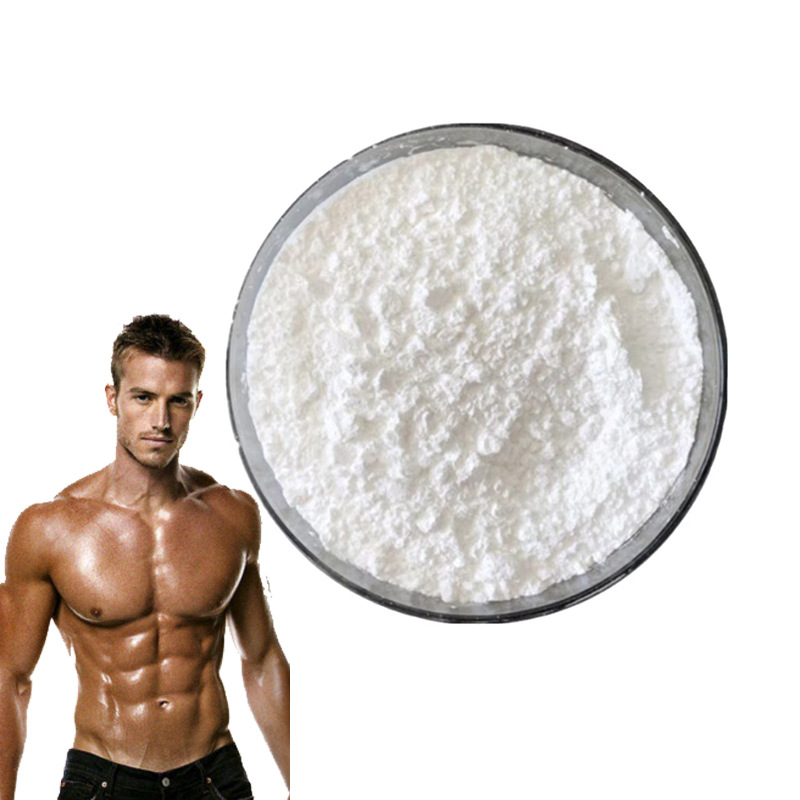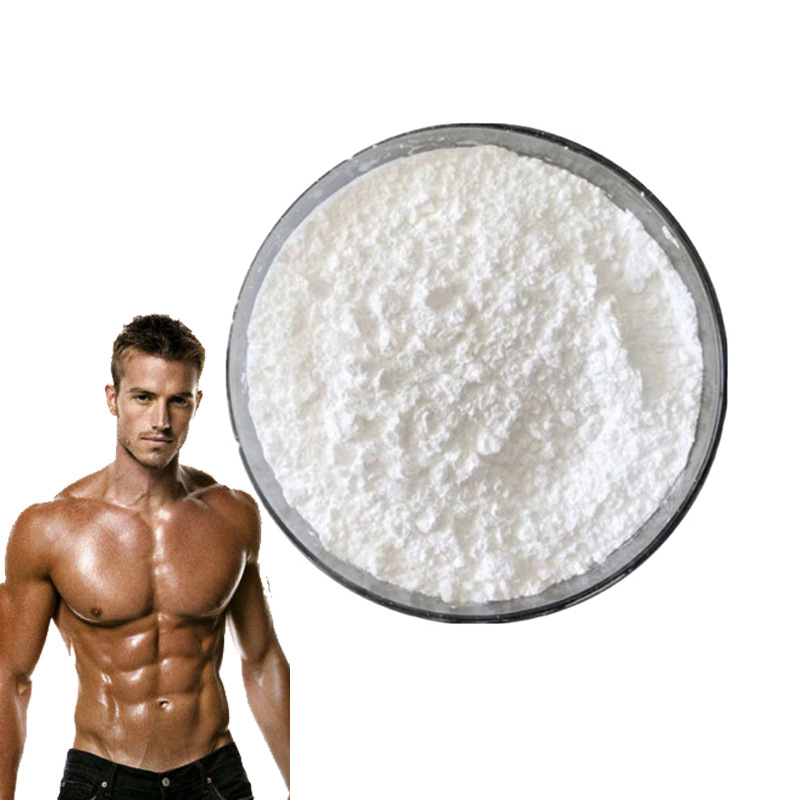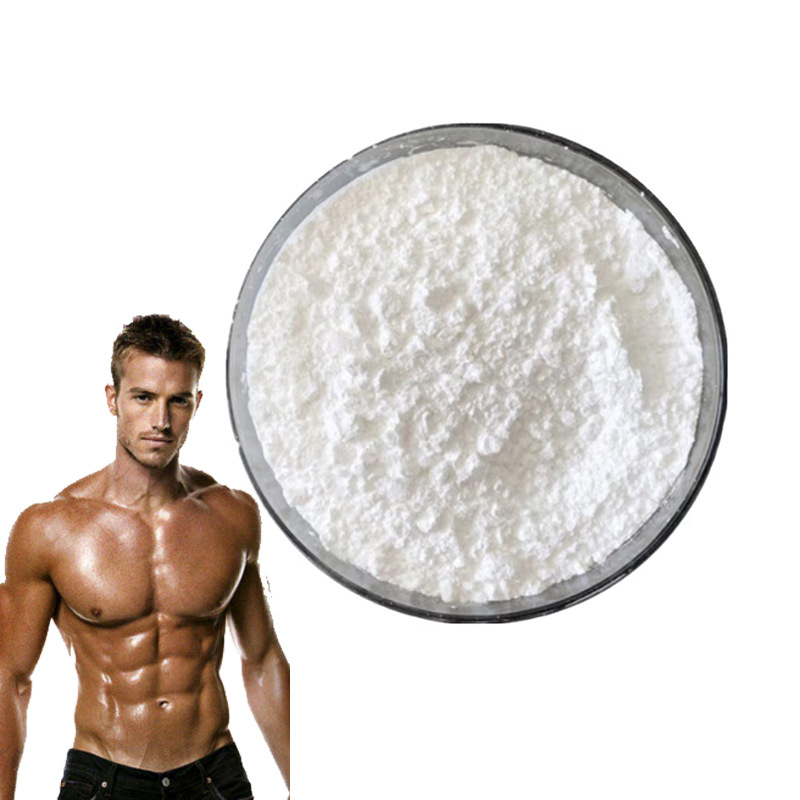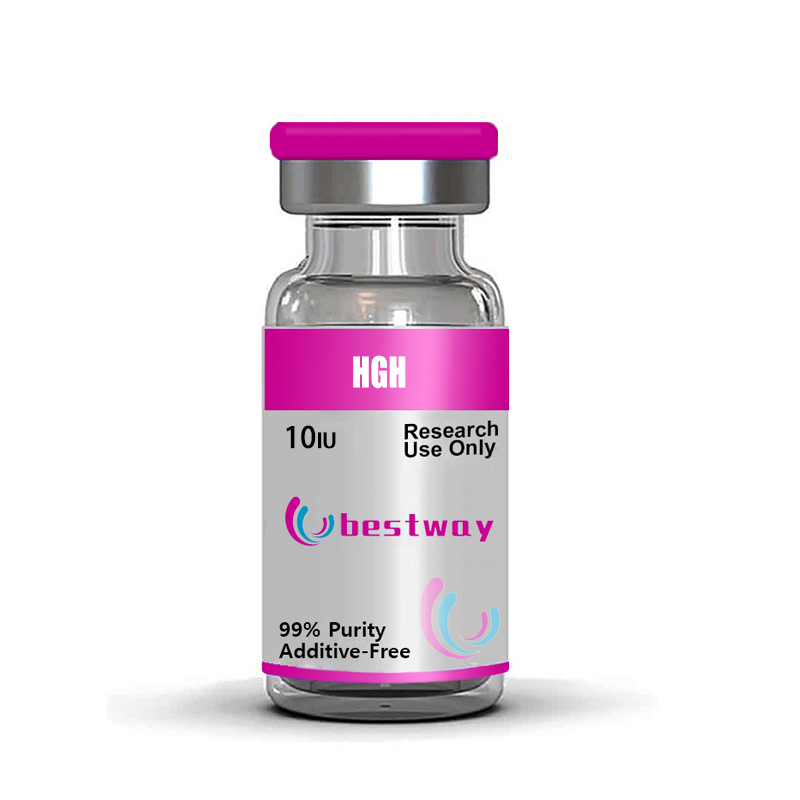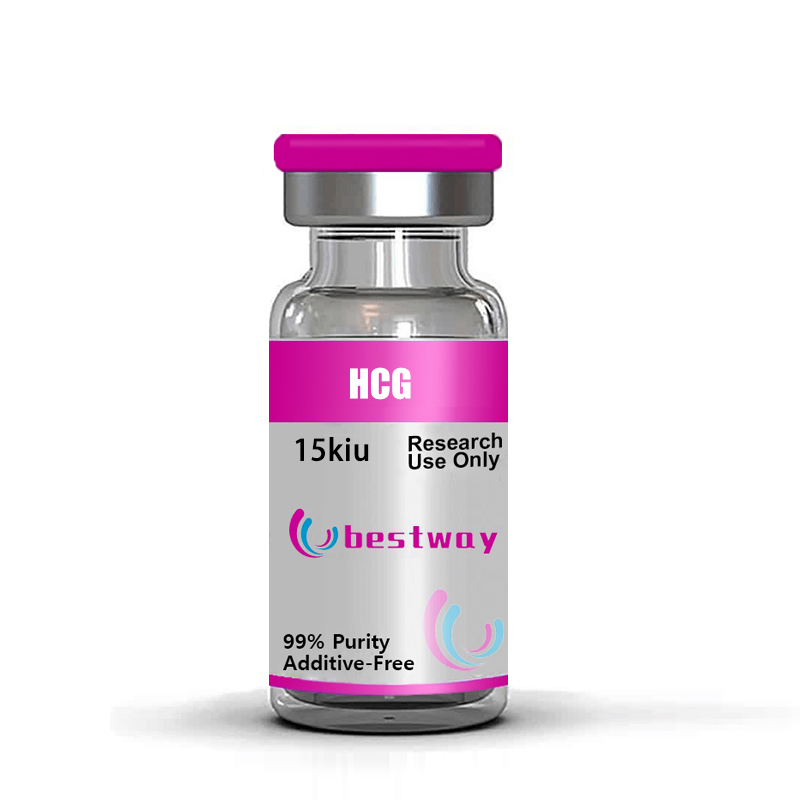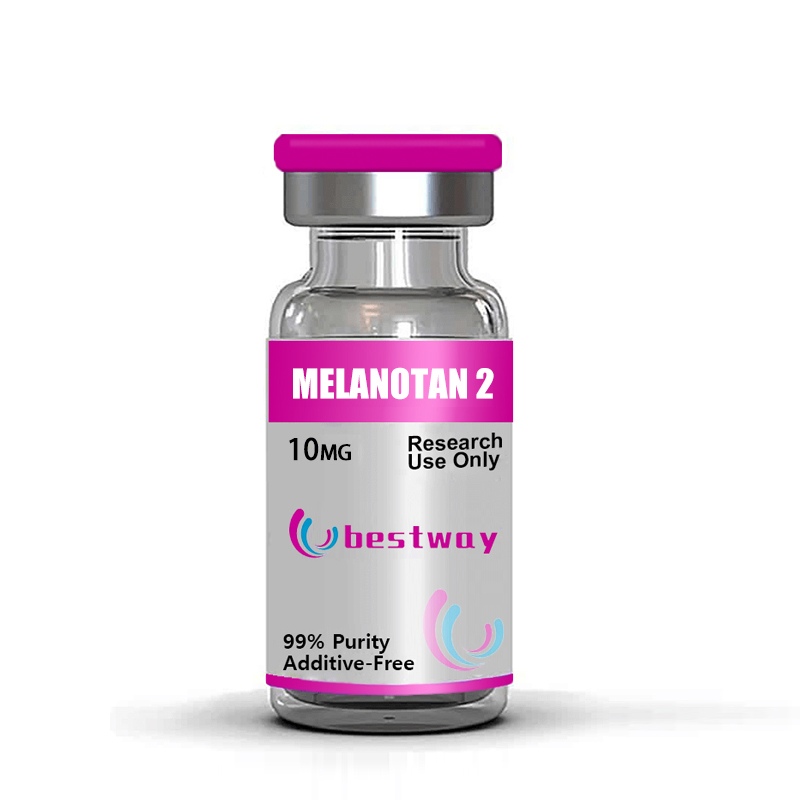NAD+ Research
A large number of animal and human studies have been conducted on the potential applications of NAD+.
Here are some relevant findings:
NAD+ Anti-Aging
Many people are looking for anti-aging secrets, and a study found that nicotinamide adenine dinucleotide (NAD+) levels decline with age, which may cause cell damage and may shorten lifespan. NAD+ acts as an enzyme cofactor and substrate for a variety of regulatory proteins in many important biological pathways.A large number of studies have shown that increasing NAD+ levels in tissues or cells can slow the aging process. The safety and efficacy of NAD+ have been clinically studied.
There is evidence that supplementing NAD+ precursors or inhibiting NAD+ degradation may enhance metabolic activity. Studies have shown that supplementing NAD+ precursors can slow the aging process in mice. To date, the anti-aging properties of NAD+ have not been confirmed in humans.
The role of NAD+ in neurodegenerative diseases
Several articles mentioned that NAD+ depletion has been observed in both normal and accelerated aging. Neurodegeneration is seen in several accelerated aging diseases, including ataxia telangiectasia (AT), xeroderma pigmentosum group A (XPA), and Cockayne syndrome (CS).
Given the importance of NAD+ depletion in neurodegenerative diseases, several NAD+ enhancement strategies, including treatment with NAD+ precursors NR or NMN, or concurrent treatment with PARP1 inhibitors or SIRT1 activators, extend life expectancy and lifespan in animal models of accelerated aging
NAD+ precursors have been used to protect broken axons from degeneration.
Further studies are needed to evaluate the long-term safety and efficacy of NAD+ for neurodegenerative diseases.

NAD+ for hearing loss
Noise induces a decrease in cochlear NAD+ levels, and NAD+ supplementation restores noise-induced inner hair cell neurite retraction, implying that NAD+ levels are essential for normal cochlear function. In fact, in a model of premature aging disease associated with severe hearing loss, NAD+ supplementation improved synaptic connectivity in the cochlea and prevented the progression of hearing loss.
However, the effects of long-term NAD+ supplementation on age-related hearing loss have not been tested using direct NAD+ precursors.
Future studies are therefore recommended.
NAD+ treatment of muscle atrophy
The authors suggest that NAD+ supplementation could successfully treat a variety of muscular dystrophies. NAD+ levels were restored in mice or worms with disease-like muscle degeneration, and muscle function improved due to increased mitochondria, increased muscle structural proteins, and reduced inflammation.
NAD+ effects on cancer
Inhibition of the NAD+ salvage pathway has been shown to effectively kill cancer cells both in vitro and in vivo. Reduced NAD+ levels in cancer cells impair energy metabolism and production, and increase the production of reactive oxygen species.
Energy depletion and increased reactive oxygen species cause altered cell signaling, resulting in reduced proliferation, increased autophagy and apoptosis, and thus cell death.
As these articles focus mainly on animal models and a few clinical trials, the use of NAD+ in humans requires further investigation. The key role NAD+ plays in metabolism and cellular health offers the possibility of targeting it to kill cancer cells.
NAD+ for Chronic Fatigue Syndrome
Chronic fatigue syndrome (CFS) is a disorder of unknown etiology that includes chronic, debilitating fatigue, as well as a variety of symptoms, including neurocognitive dysfunction, flu-like symptoms, myalgia, weakness, joint pain, low-grade fever, sore throat, headache, sleep disturbances, and lymph node swelling and tenderness.
There are currently no effective treatments for CFS. The study included 26 patients who met the Centers for Disease Control and Prevention criteria for CFS.
The results of this preliminary study suggest that NADH may be a turntable in the search for adjunctive therapies to treat chronic fatigue syndrome, and additional clinical trials could be conducted to determine its efficacy for this clinically perplexing disorder.
NAD+ for Opioid and Alcohol Withdrawal
Several speakers at the summit linked the use of NAD+ in the treatment of patients with substance use disorders. Intravenous nicotinamide adenine dinucleotide (NAD) is used to treat acute withdrawal symptoms caused by chronic opioid and alcohol use. According to the data, it significantly reduced acute withdrawal symptoms. Studies are ongoing to validate these data in order to standardize and validate the protocol.
NAD+ has antidepressant effects
NAD+ is a co-substrate for energy transfer in oxidative phosphorylation and is said to be beneficial in central nervous system-related disorders. Wistar rats were tested in the forced swim test (FST) to evaluate the acute effects of NADH and its precursor nicotinamide compared with control and the antidepressants desipramine and fluoxetine. At the lowest effective dose of 5 mg/kg, NADH, but not nicotinamide, promoted swimming behavior in the FST.
NAD+ on Covid-19
Extensive epidemiological and mechanistic data suggest a link between NAD+ metabolism and SARS-CoV-2 and other viral infections. More research is needed to better understand its mechanistic function and value as an intervention target.
NAD+ side effects
There were no reports of common NAD+ side effects in the study subjects.


